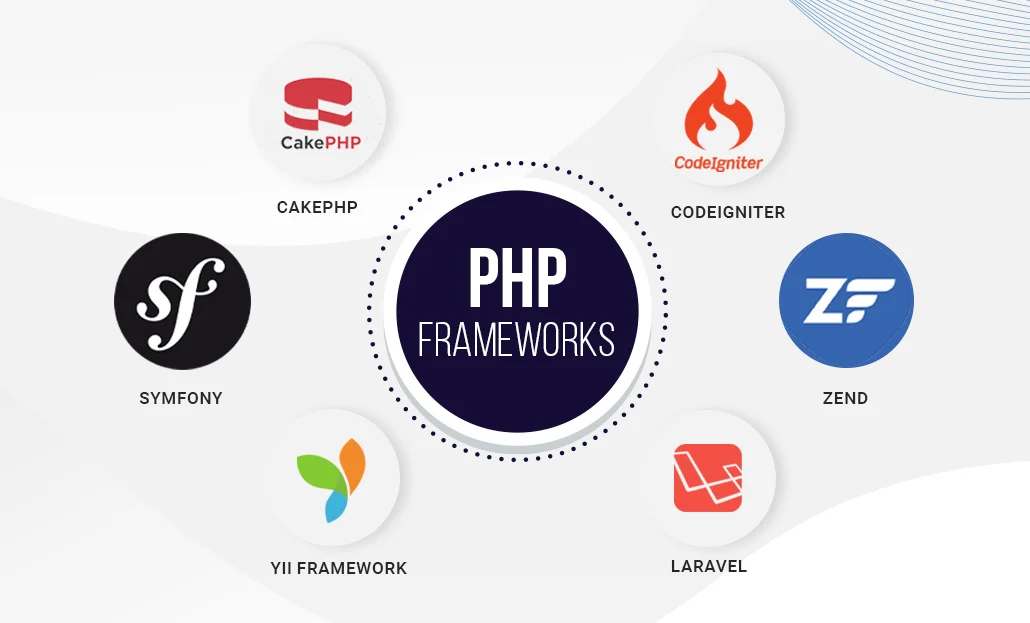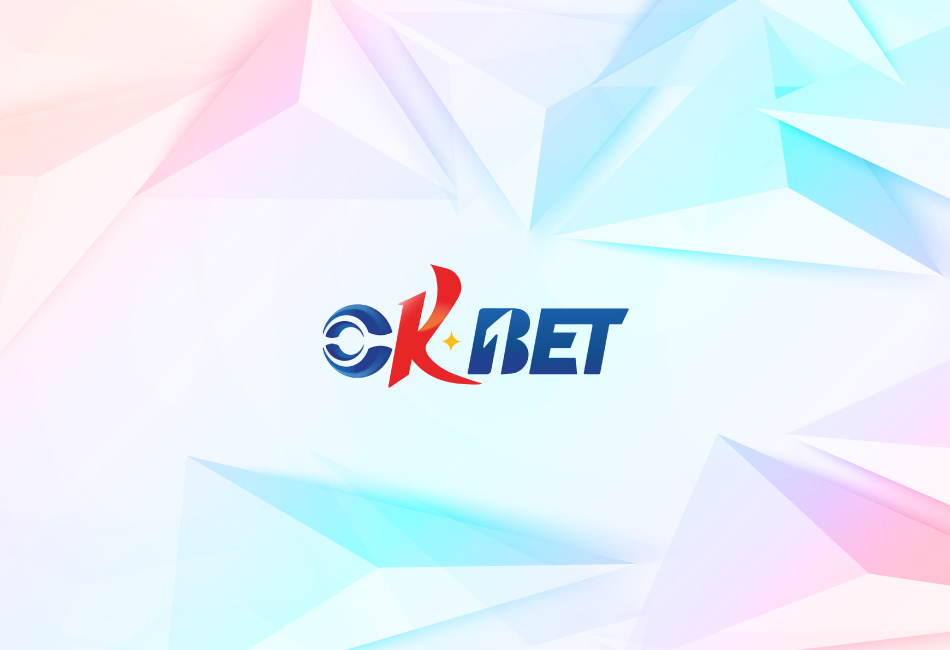
PHP remains one of the most popular programming languages for web development, known for its versatility and ability to create dynamic, scalable websites. Over the years, numerous PHP frameworks have emerged, each offering unique features, tools, and approaches to development. These frameworks allow developers to save time, ensure consistency, and produce cleaner, more secure code.
In this article, we’ll cover the top PHP frameworks every developer should know about. Whether you’re new to web development or looking to sharpen your skills, these frameworks will help you develop more efficient, robust, and maintainable applications. Additionally, if you’re working on a larger project or need expert assistance, hiring PHP developers experienced with these frameworks can ensure that your development process runs smoothly and that your application meets high standards.
Why Use PHP Frameworks: Boost Development Speed, Security, and Scalability
PHP frameworks offer developers a structured, efficient, and secure approach to web development. By providing pre-built components, standardized code practices, and robust libraries, they significantly reduce development time while improving code maintainability. Frameworks like Laravel, Symfony, and CodeIgniter ensure scalability and security by incorporating best practices and protecting against common vulnerabilities. Whether you’re building a small website or a large-scale application, using a PHP framework helps streamline development, boost performance, and enhance the security of your projects. To ensure optimal results, it’s recommended to hire PHP developers experienced in these frameworks for a smooth development process.
The Importance of PHP Development
PHP development is crucial in building dynamic, interactive, and robust web applications. As one of the most widely used server-side scripting languages, PHP enables developers to create everything from small websites to complex enterprise solutions. Its flexibility, scalability, and extensive community support make it an essential tool for modern web development. With the ability to integrate easily with databases and various content management systems (CMS), PHP ensures that developers can create efficient, secure, and feature-rich applications that meet the diverse needs of businesses and users. According to W3Techs, PHP powers over 79% of websites with a known server-side programming language, underscoring its dominance in web development.
1. Laravel
Laravel is, without a doubt, the most widely used and feature-packed PHP framework today. Developed by Taylor Otwell, it offers an elegant syntax that makes it accessible for developers of all levels. Through its extensive ecosystem of tools and libraries, Laravel simplifies many common tasks, such as authentication, routing, and caching.
The framework follows the Model-View-Controller (MVC) architecture, making it an excellent choice for building web applications with clear separation of concerns. Laravel also provides a powerful ORM (Eloquent) for database management and a templating engine called Blade for creating dynamic views. Additionally, Laravel offers integrated tools for testing and debugging, making it a full-featured solution for both small and large-scale applications.
Key Features:
- Elegant syntax with a strong developer community
- Eloquent ORM for database management
- Blade templating engine
- Built-in authentication, routing, and security features
2. Symfony
Symfony is one of the most flexible and powerful PHP frameworks. Unlike Laravel, which is a full-stack framework, Symfony is more modular and can be used for specific components or as a full-stack solution. It is highly suitable for large-scale, enterprise-level applications due to its robust architecture and scalability.
Symfony is based on reusable components, which allows you to integrate them into other projects. It is well-suited for complex web applications requiring high performance, security, and flexibility. Many popular platforms, such as Drupal and Magento, use Symfony components.
Key Features:
- Reusable components
- High scalability for large applications
- Excellent performance and security
- Extensive documentation and community support
3. CodeIgniter
CodeIgniter is a lightweight and fast PHP framework that focuses on simplicity and ease of use. It doesn’t require a command line or complex configuration, making it ideal for developers who prefer a straightforward approach. CodeIgniter has a small footprint and allows developers to build applications quickly with minimal overhead.
The framework provides a rich set of libraries for common tasks like database access, session management, and email handling. If you’re working on a project that needs to be developed rapidly without a steep learning curve, CodeIgniter is an excellent choice. Hiring PHP developers skilled in CodeIgniter can ensure that you take advantage of its simplicity while still maintaining secure, scalable web applications.
Key Features:
- Lightweight and minimalistic design
- No complex configuration required
- Clear documentation
- Fast development time with built-in libraries
4. Yii Framework
Yii is a high-performance PHP framework designed for building large-scale web applications. It’s known for its fast execution and comprehensive feature set, which includes everything from caching to authentication. Yii is a full-stack framework, and it is especially well-suited for applications that need to handle a large amount of traffic.
One of the standout features of Yii is its powerful code generation tool called Gii. Gii helps developers generate models, controllers, and other components, significantly speeding up the development process. Yii is also a great option for building RESTful APIs and working with databases.
Key Features:
- High performance and scalability
- Gii code generation tool
- Advanced caching support
- Suitable for large-scale web applications
5. Phalcon
Phalcon is a unique PHP framework in that it’s written in C and delivered as a C extension for PHP. This results in incredibly fast performance, making it an excellent choice for developers who need to build high-performance applications. Phalcon is a full-stack framework, offering features such as an ORM, routing, caching, and security tools.
Despite its speed, Phalcon offers a comprehensive set of features that make it suitable for large, complex web applications. However, because of its reliance on a C extension, it may have a slightly steeper learning curve compared to other frameworks.
Key Features:
- Exceptional performance
- Written in C for optimized speed
- Full-stack framework with advanced features
- Rich documentation and resources
6. Zend Framework
Zend Framework is a robust and highly customizable PHP framework designed for building enterprise-level applications. It uses object-oriented principles and focuses on flexibility and scalability. Zend is more of a collection of components, allowing developers to pick and choose the parts they need for their project, making it highly adaptable.
The framework is ideal for developers who need complete control over their applications, as it’s not opinionated and allows you to choose how to structure your application. Zend is also packed with built-in tools for things like authentication, caching, and localization.
Key Features:
- Component-based architecture for flexibility
- Suitable for enterprise-level applications
- Built-in support for APIs, caching, and localization
- Robust security features
7. Slim Framework
Slim is a micro-framework designed for developers who need to build simple, small-scale web applications and APIs. It focuses on providing a minimalist design while still offering powerful tools such as routing, middleware, and request/response handling.
Slim is perfect for developers building RESTful APIs or microservices, as it allows for the quick development of lightweight applications. If you’re working on an API-first project and need a framework with a small footprint, Slim is a great option.
Key Features:
- Minimalist design for small applications
- Excellent routing and middleware features
- Ideal for building APIs and microservices
- Lightweight and fast
8. FuelPHP
FuelPHP is a flexible, full-stack PHP framework that follows the HMVC (Hierarchical Model-View-Controller) design pattern. It offers a variety of features to help developers build secure, modular applications. FuelPHP’s HMVC pattern makes it easier to manage complex applications with nested views and modules.
FuelPHP is also known for its focus on security, offering features like XSS filtering, CSRF protection, and SQL injection prevention. It’s an excellent choice for developers who want to build secure applications with a modular structure.
Key Features:
- HMVC architecture for modular development
- Built-in security features
- Flexible and extensible
- Robust documentation and community support
9. Lumen
Lumen is a micro-framework from the creators of Laravel, designed for building fast and simple APIs and microservices. It’s essentially a stripped-down version of Laravel, offering most of Laravel’s features but with a smaller footprint and faster performance.
Lumen is perfect for developers who need to create high-performance APIs or lightweight applications without sacrificing Laravel’s flexibility and ease of use. Despite its minimalism, Lumen still supports features like routing, middleware, and database abstraction.
Key Features:
- Fast and lightweight micro-framework
- Ideal for building APIs and microservices
- Retains many of Laravel’s features
- Excellent performance for small applications
10. CakePHP
CakePHP is one of the oldest and most established PHP frameworks. It follows the MVC pattern and comes with several built-in tools for rapid application development. CakePHP focuses on convention over configuration, which means it simplifies many decisions for developers and lets them focus on writing business logic.
With built-in tools for authentication, validation, and caching, CakePHP makes it easy to build scalable and secure applications quickly. It’s a great framework for developers looking for a reliable, well-documented solution.
Key Features:
- MVC architecture
- Built-in tools for rapid development
- Strong community and documentation
- Focus on convention over configuration
Conclusion
Choosing the right PHP framework is crucial to the success of your web development project. Each of the frameworks listed above offers distinct advantages depending on your needs, whether it’s high performance, ease of use, or scalability. If you’re looking to take your project to the next level but lack the internal expertise, consider hiring PHP developers skilled in these frameworks. A proficient developer will not only speed up your development process but also ensure your application is secure, scalable, and maintainable.
By leveraging the strengths of these top PHP frameworks and partnering with experienced PHP developers, you can build web applications that are both powerful and efficient.




